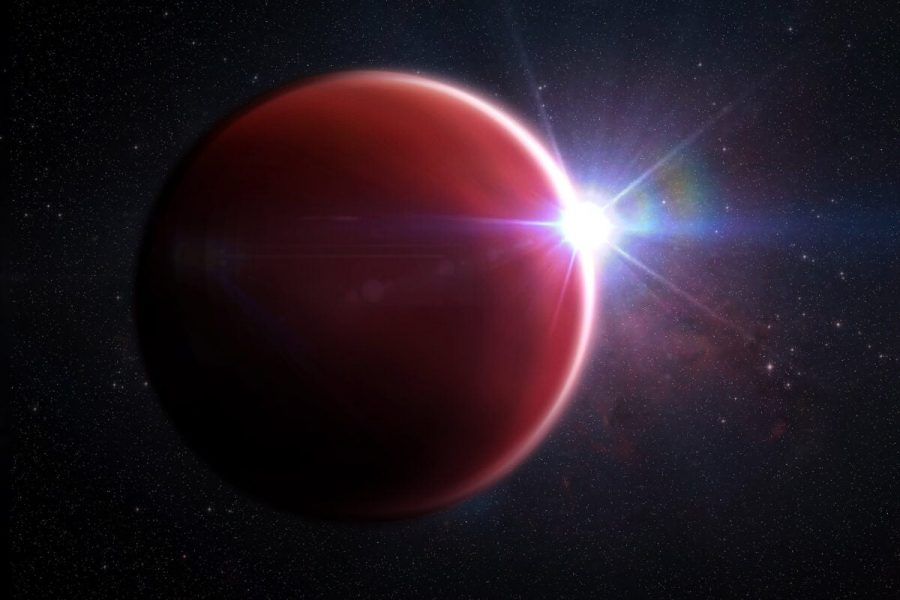NASA Discovers First Exoplanet Outside of our Galaxy
For the first time in a long, long history of space exploration, astronomers and scientists have finally found the first planet outside of the Milky Way Galaxy. Even though the exoplanet may not be suitable for life, it will possibly open the door for more planets to be explored in other galaxies near and far. This is, quite frankly, a really big deal.
The exoplanet, which was named M51-ULS-1b, lies about 28 million light years away in the spiral galaxy called Messier 51 in the spiral galaxy called Messier 51(Whirlpool Galaxy). The planet is roughly the size of Saturn and, like Saturn, is also a gas giant.
This discovery was made just about 14 days ago at the NASA Headquarters in Washington D.C., and the moment astronomers found it, they knew the groundbreaking discovery would send ripples across the realm of astronomy.
To find this distant planet, astronomers relied on x-ray data rather than a telescope or visual observation.
“We are trying to open up a whole new arena for finding other worlds by searching for planet candidates at X-ray wavelengths,” study lead Rosanne Di Stefano said to a reporter at Astronomy. “A strategy that makes it possible to discover them in other galaxies.”
Even though the planet itself is a very revolutionary discovery, the exoplanet reportedly has a very rough history. At one point in its existence, the exoplanet had the presence of a neutron star before it blew up and became a supernova. It might be entirely possible that it might have to withstand another supernova in the future.
“If the planet is confirmed, I will be ecstatic because since I have gotten into astronomy, I have been waiting for a planet like this to be discovered. What is even cooler is that it has a history of destruction, immense radiation, and chaos,” junior Dylan Thomas said.
So…what is next? In the meantime, not as much; unfortunately, the next time M51-ULS-1b completes its orbit again will be a little over 70 years from today, which makes confirming the planet a little harder. During this wait, speculation of what and where the next planet or exoplanet will be found will hang on the forefront of everyone’s mind.



